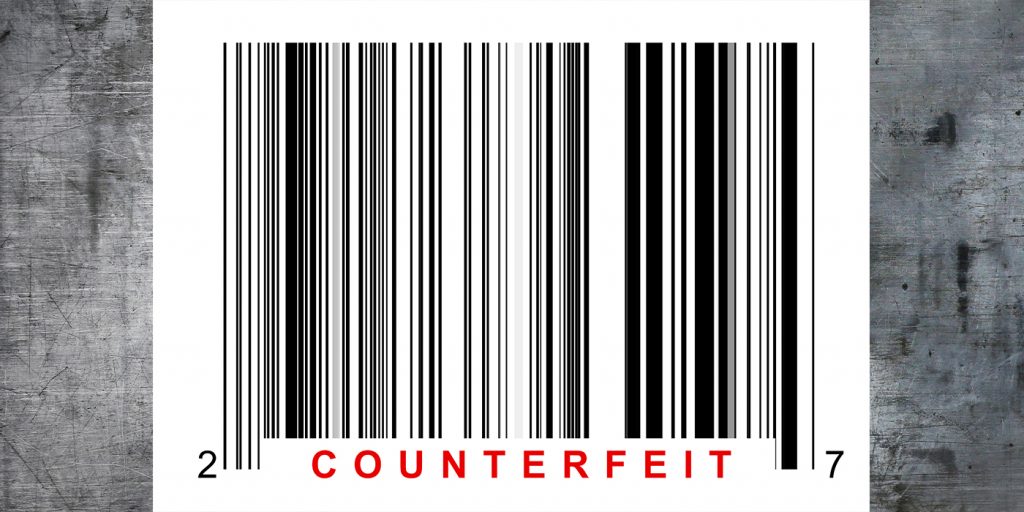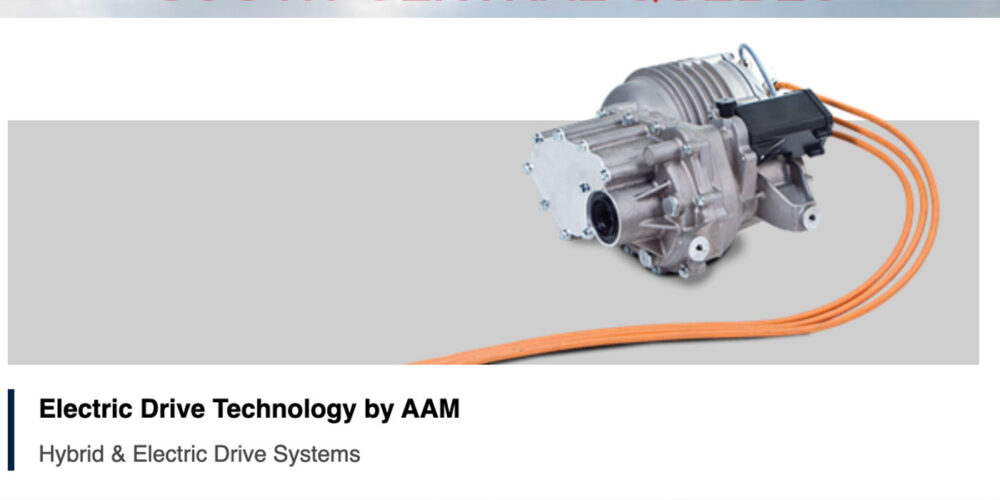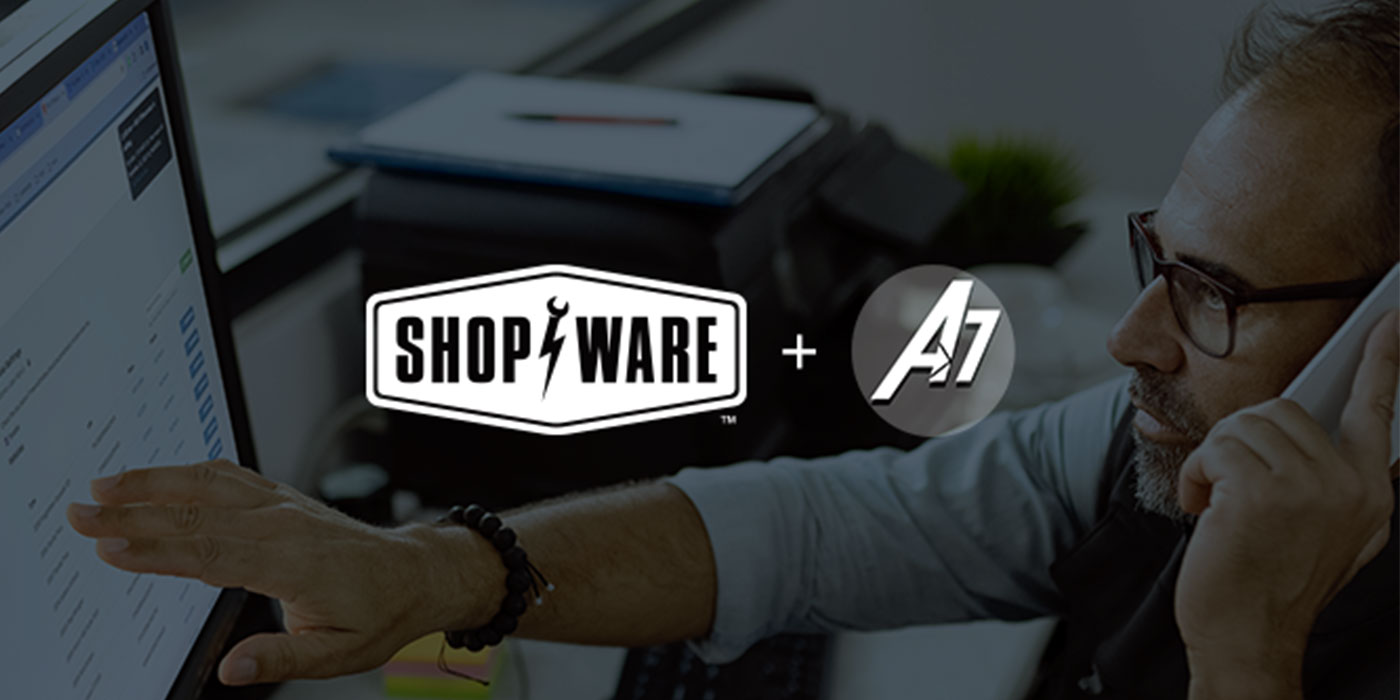Imagine a teeny-tiny computer chip about the thickness of the human cornea (500 microns) that can prevent counterfeiting currency, protect people from fake (and perhaps, lethal) pharmaceuticals and identify luxury goods, and even help chefs to track and trace food throughout the entire supply chain. It works like a mini solar panel, absorbing light and sending out information. The chips are presently produced by traditional chipmakers, like Silicon Labs and National Semiconductor. This miniscule computer chip is the patent of p-Chip Corp. which holds the exclusive rights for all of the related p-Chip or “penny-Chip” (because the cost is about one penny) component technologies.
p-Chip’s Modest Beginnings
Originally developed 10 years ago by a biochemist to tag small animals, test tubes, and laboratory slides, this technology now holds the promise of integrating Blockchain technology with the Internet of Things (ioT) and by this means, empowering and enhancing product and data solutions for brands, services and governments. p-Chip Corp. will never manufacture its own chips.
p-Chip Solves Problems
p-Chips have a wide range of applications. There are some manufacturers with 30 to 60 percent counterfeited goods and they are terrified of that information being discovered. P-Chips can protect pharmaceuticals and their packaging, documents and currency, sweepstakes tickets and game pieces, luxury goods, automotive parts, event and lottery tickets, lock and key pairing and more. Using blockchain technology, they also can aid in inventory management and logistics. Given the myriad of applications, p-Chip Corp. is targeting 100 billion chip sales per year within five years. For example, only a one food company requires 14 billion chips per year.
Anatomy of a p-Chip
Each p-Chip contains several components, including a small solar panel for energy production, a built-in antenna around the chip for detection of the LED light signal, logic circuitry, memory, and registration mark. Moreover, all of this technology is contained on a chip that would almost fit inside of a “0” on a U.S. penny.
Better than RFID
Unlike RFID technology, p-Chip has no external wires and ore, and can be used on metal. Hitachi developed an ID-chip, but the cost is 25 cents each versus the one-cent cost of p-Chip.
Already a Commercial Success
p-Chip has previously signed a co-selling agreement with Merck Group in Germany and IFT (International Food Technology) is excited about the prospects of using p-Chips for food security, track and trace. Plus, using blockchain technology one of the major automotive companies has used chips to tag parts. Even cyber security applications are potentially very powerful and unique. The possibilities for using p-Chips are enormous; this technology has a tremendous future.
Interested in knowing more? Visit p-Chip’s website.
© Copyright 1998-2020 by The Herman Group, Inc. — reproduction for publication is encouraged, with the following attribution: From “The Herman Trend Alert,” by Joyce Gioia, Strategic Business Futurist. 336-210-3548 or http://www.hermangroup.com. To sign up, visit http://www.HermanTrendAlert.com. The Herman Trend Alert is a trademark of The Herman Group, Inc.”














